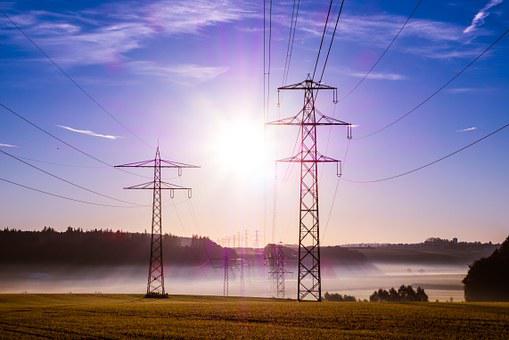
Universal MEP Projects and Engineering Services (UMPESL), a 100 per cent subsidiary of Voltas Ltd has bagged multiple SITC project orders worth Rs 1770 crore in the Electrical Power Distribution business for FY 22-23, including a solar power project. These orders were won in the highly competitive market and will benefit more than 46 million Indians across states like Uttar Pradesh, Madhya Pradesh, West Bengal, Odisha, and Karnataka. UMPESL, with its expertise in the power distribution sector over the past several years has taken up these project orders to support the Government of India’s mission of providing 100 per cent quality, reliable, and affordable power supply to consumers and households across India. With its commitment to deliver reliable and cost-effective power solutions, UMPESL has been awarded these project orders spread across 26 districts of Uttar Pradesh, Madhya Pradesh, West Bengal, Odisha, and Karnataka. Several state-owned distribution companies and private players, including MPPKVVCL and MPMKVVCL in Madhya Pradesh, MVVNL in Uttar Pradesh, WBSEDCL in West Bengal, TPCODL in Odisha, and Sembcorp in Karnataka, have awarded these projects to UMPESL. The company seeks to offer high quality, reliable and sustainable energy solutions in these districts, while promoting efficient use of resources and environment protection.
Commenting on the project wins, Pradeep Bakshi, Managing Director and CEO, Voltas Ltd and Managing Director, UMPESL said, “We are proud of the remarkable feat achieved by UMPESL in securing these SITC project orders, which is a testament to our proven track record in the power distribution sector. It highlights our technical capabilities and strong execution capabilities in the sector. We remain committed to supporting the government’s mission of providing 100 per cent quality, reliable, and affordable power supply to consumers and households across India, and we are confident of executing these projects to the highest standards. The power distribution contract is expected to create new jobs and boost economic growth in the region as well. It will also ensure last mile electrification in remote areas, promoting ease of living and business development.”

